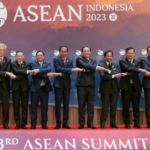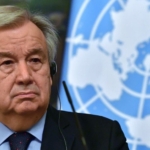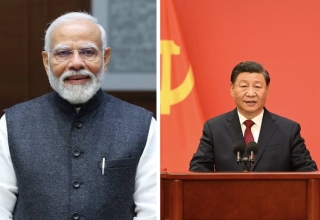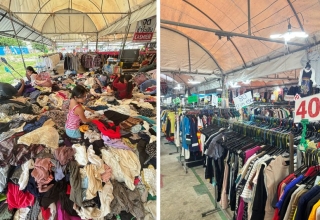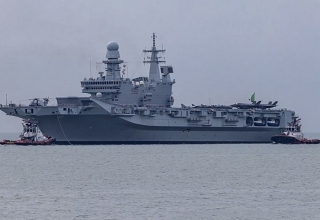
Since the military coup in 2021, there has been considerable unrest in Myanmar’s political environment. One of the notable developments is the apparent shift in the junta’s foreign policy stance, whereby it now seeks influence from China, India, and Russia while displaying “little regard” for the Association of Southeast Asian Nations (ASEAN). An in-depth analysis of Myanmar’s complex foreign relations dynamics and their consequences for regional stability are provided in this article.
Myanmar’s Estrangement from ASEAN
The military regime in Myanmar has been especially uncooperative with ASEAN, a regional alliance built on the values of diplomacy and collaboration, since the coup in 2021. The junta’s continuous disrespect for the Five-Point Consensus peace proposal put forth by the regional bloc shows how unwilling it is to cooperate with ASEAN. Instead, the leadership of Myanmar has chosen a different route to legitimacy that entails forging tighter ties with China, India, Thailand, and Russia.
Leveraging Larger Neighbors
Myanmar’s pursuit of relations with China, India, Thailand, and Russia is strategic. The junta wants to take advantage of these larger neighbors’ political and economic power for its gain. Myanmar wants to lessen ASEAN’s pressure on the regime to end the continuing political crisis by cooperating with these important parties. This tactic emphasizes the junta’s view that regional complexity makes it unlikely that ASEAN will use severe measures, such as kicking Myanmar out of the association.
China’s Role
China, one of Myanmar’s most important neighbors, is important in this changing diplomatic environment. Due in large part to a common economic goal, Beijing and Myanmar’s leaders have developed tight connections. The infrastructure projects that China has invested in and its economic assistance to Myanmar give the junta both financial security and political support. However, Myanmar’s reliance on China has its own set of difficulties, such as worries about sovereignty and an unwarranted reliance on one ally.
Keep Reading
India’s Strategic Engagement
Myanmar’s diplomatic outreach has focused on India, another important neighbor. Myanmar views India as a counterbalance to China’s influence, while India maintains a balanced strategy by cooperating with both the junta and pro-democracy parties. Given Myanmar’s strategic importance as the meeting point of South and Southeast Asia, India is interested in the country.
Thailand and Russia
The main drivers of Thailand’s extensive diplomatic engagement with Myanmar are commerce and economic cooperation. On the other hand, Russia gives another way for Myanmar to diversify its diplomatic ties. Both nations present the junta with chances to broaden its network internationally and reduce its dependency on ASEAN.
The strategic reorientation of Myanmar’s foreign policy towards China, India, Thailand, and Russia demonstrates an effort to ensure its survival and maintain power in the face of domestic unrest. While this strategy might offer momentary relief from outside criticism, it also runs the risk of further alienating Myanmar from the rest of the world. The delicate balance of power in Southeast Asia as well as regional stability are both affected by the changing dynamics in Myanmar’s foreign relations. The ability of ASEAN to handle these intricacies and promote a peaceful conclusion to Myanmar’s political crisis will continue to be a major problem in the years to come.

